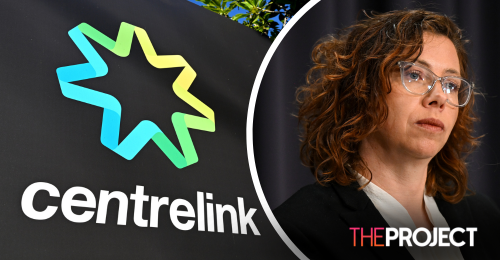Services Australia says the debt repayments have been paused, not necessarily waived.
The concern, though, is those debts may be unlawful.
Back in August, the ombudsman found that Services Australia and the Department of Social Services had unwittingly used “unlawful” calculations to raise debts from 2003 to 2020.
It’s known as income apportionment, used historically to evenly divide a welfare recipient's income across two or more Centrelink fortnightly reporting periods to calculate their payments.
And while it sounds a lot like Robodebt 2.0, the watchdog found this problem was unrelated to the original scandal.
So, after all the pain Robodebt inflicted, how can the government still not have a welfare payment system that works?
Rick Morton, a Senior reporter from The Saturday Paper, told The Project that although the latest problem feels reminiscent of Robodebt, there are key differences between the two welfare system failures.
“Robodebt was its own program, which was created in 2015, this is similar in the sense that it uses bad mathematics and a bad misreading of the legislation to create debts almost out of thin air for hundreds of thousands of people, probably.”
“So, this program in many respects is longer, but it didn’t start as a conscious decision, it’s just bad management.”
When asked whether people who had already begun repayments on their debt would likely get their money back, Morton wasn’t optimistic.
“They explicitly say, in their general instructions for dealing with this internally, that the secretary doesn’t have to initiate any reviews into past debts.”
Morton explained that if someone wanted to appeal a decision, however, they would then look into the past debt.
“They’re basically relying on you to tell them that there might be a problem, but of course people didn’t know this was happening.”





























